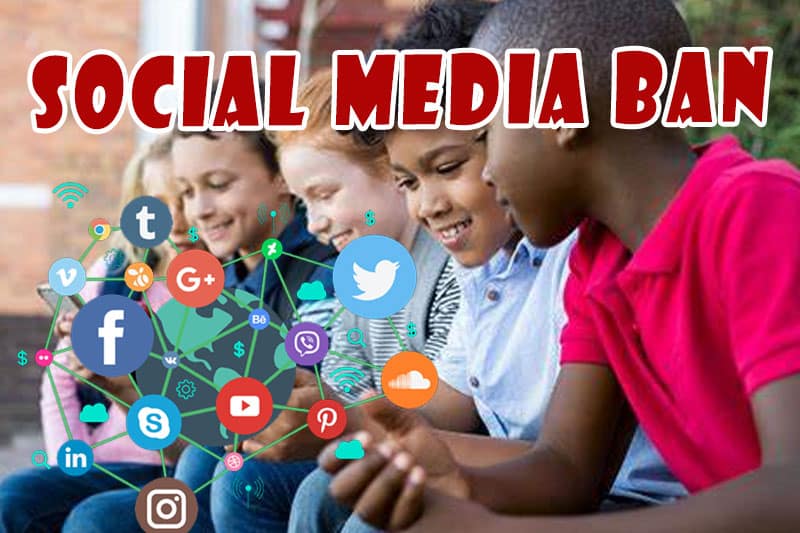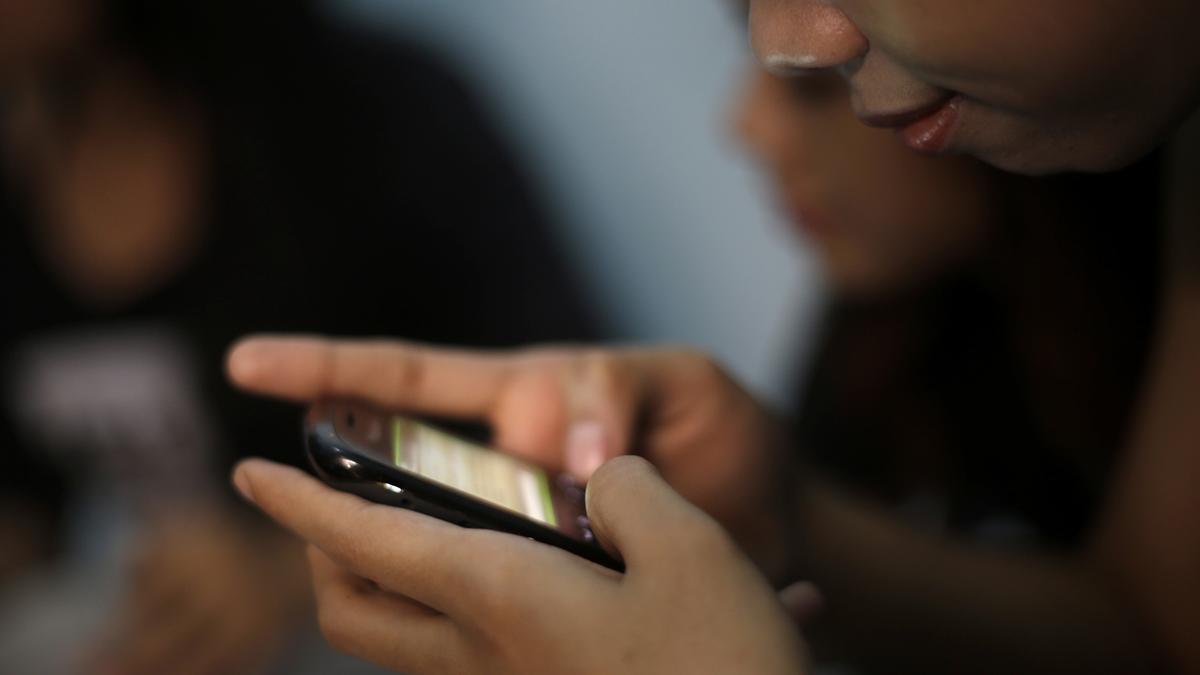‘This is very crazy’: Kids social media ban in ‘Land of Kangaroos’ makes global headlines

- by Admin
- November 28, 2024
Australia’s social media ban for children has made headlines around the world, as articles questioned how it could work and whether similar laws would be introduced elsewhere.
The legislation passed through the Senate on Thursday, and while it still faces one final vote in the lower house to approve amendments, that will be a formality.
The world-first laws have sparked a flurry of attention abroad, with media outlets in multiple countries keeping an eye on the debate.
Russia’s state-run news agency TASS published an online article announcing the bill had been approved “by a majority of senators”.
It pointed out two of the platforms Australian children would likely be unable to access, Instagram and Facebook, were already banned and “recognised as extremist” in Russia.
Prime Minister Anthony Albanese on his phone in parliament this week. (ABC News: Luke Stephenson)
The Hindi-language daily Amar Ujala, one of India’s largest newspapers, outlined concerns about the new legislation, including Greens senator David Shoebridge’s warning “children from rural areas and the LGBTQ community” would be harmed under the laws.
“Many critics said that the law could be difficult to implement. They hoped that the government would conduct another study on it, which would tell how children can be kept out of social media in the right way,” its story read.
Australia’s laws are expected to come into effect in 12 months, and will ban children under the age of 16 from many, but not all, social media platforms and websites.
In the United Kingdom, many news outlets have been following the debate in Australia, particularly after Technology Secretary Peter Kyle said he would consider pursuing similar laws in the future.
“I’m in touch with the legislators in Australia, as you’d expect, I’m really interested in what they’re doing, why they’re doing it, and the evidence they’re basing it on,” he told the BBC last week.
The Independent, a British online newspaper, argued the bill “sets Australia up as a test case for a growing number of governments which have legislated, or have said they plan to legislate, an age restriction on social media”.
Blick, the Zurich-based newspaper and news website, on Thursday splashed an interview it had done with Australian Communications Minister Michelle Rowland.
It cited a survey claiming 78 per cent of Swiss think children aged 16 and under should not be able to access social media.
The story claimed: “The Land of Kangaroos has just accepted a bill to fine social networks that tolerate accounts opened by children to the tune of millions. Blick asked the Australian Minister of Communication how and why it was urgent to act. And Michelle Rowland answered us!”
Last year, France introduced laws that banned children under 15 from using social media without parental consent, and President Emmanuel Macron has urged the European Union to adopt similar policies.
Leaders in Denmark and Norway have also spoken in support of Australia’s laws.
The news wire agency Reuters interviewed young people all over Europe about the developments in Canberra.
One, a 20-year-old waiter in Rome named Pietro Migliaccio, said “it’s an initiative that makes a lot of sense in Australia and one that we should bring here to save the next generation”.
But in Madrid, secondary school student Javier Martinez, 12, had a different take.
“I would not like this to happen in Spain, they should have done a demonstration because this is very crazy,” he said.
Multiple US media outlets covered the vote in Australia’s Senate, including CNN, the New York Times, NBC, CBS, ABC and the Washington Post.
Australia’s laws are particularly relevant in the US, considering Florida earlier this year imposed a ban for children aged under 14 from using platforms like Instagram and TikTok and additional restrictions on kids aged 14 and 15.
The legislation there is the subject of a constitutional legal challenge, while in Utah, laws introduced in 2023 that banned people under 18 from using social media unless they had consent from their parents were later overturned by a federal court.
CNN described Australia’s new laws as “the world’s toughest response yet”, while NBC interviewed Daniel Angus, a professor from the Queensland University of Technology, who described the ban as “illogical and uninformed”.
The Latest News
-
November 28, 2024Business Council Urges Tax Reform to Boost Investment
-
November 28, 2024‘We take cricket with us’: Why the face of Australian cricket must change
-
November 28, 2024Australian cricketer Grace Harris’ ‘f*** it’ World Cup moment as Big Bash final looms
-
November 28, 2024Green couldn’t hold his spot. Now Australia’s desperate for him
-
November 28, 2024We uncovered 57 online clothing shops trying to scam Australians. And they’re just the tip of the iceberg





